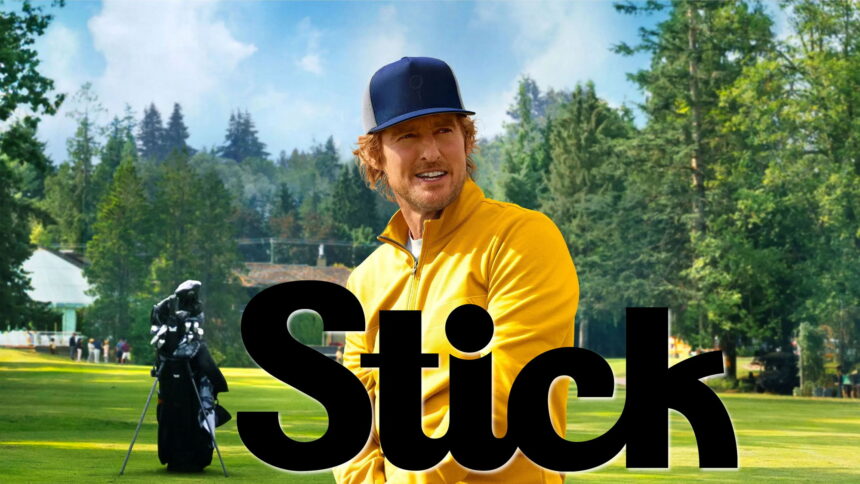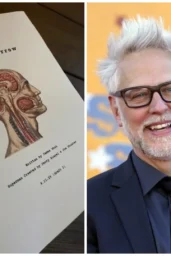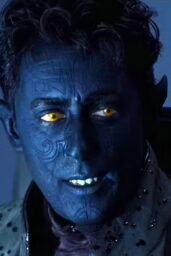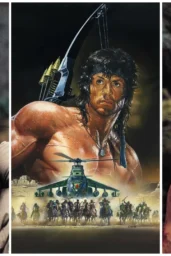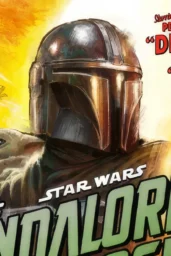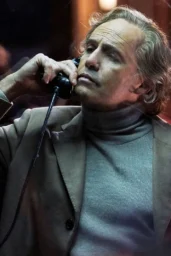“This Game Takes and Takes”: Stick Swings at Redemption, But Hits Something Deeper
Golf on TV is usually a tranquil wasteland—greens, plaid, forced inspiration. Then comes Stick, Owen Wilson's new Apple TV+ comedy that's less caddyshack hijinks, more existential crisis with a 9-iron. The trailer dropped this week, and while the logline screams “another Ted Lasso wannabe,” there's something messier, rougher, and oddly tender happening under the surface.
Let's tee off.
The Comeback Nobody Ordered—But Maybe We Needed
Wilson plays Pryce Cahill, a washed-up ex-golf prodigy with 2005-tier frosted tips and a life in shambles. Divorced. Fired from a sporting goods store. Rock bottom, meet titanium driver.
Cue Santi (Peter Dager), a 17-year-old golf savant with rage in his swing and trauma in his eyes. Pryce latches on—mentorship or midlife crisis cosplay? Hard to say. But the trailer sells their bond not as savior-vs-prodigy, but as two broken people trying to become something more than what ruined them.
The comedy isn't broad; it's bruised. Think Eastbound & Down with less cocaine and more childhood neglect.
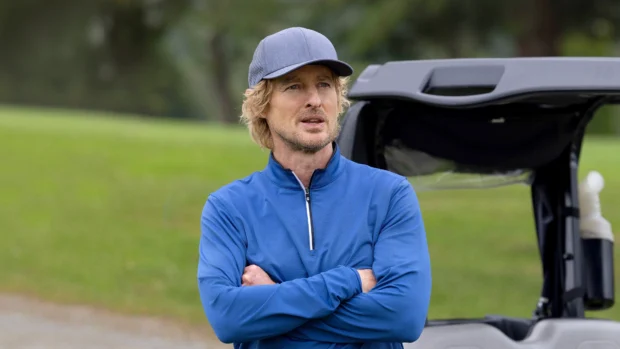
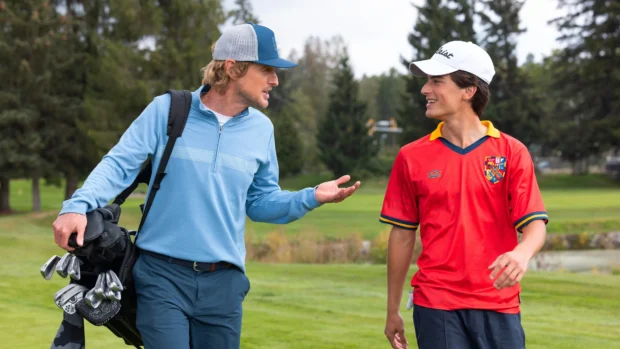
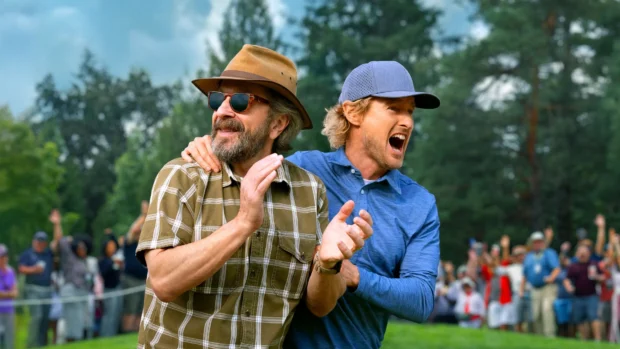
Golf as Therapy, Not Spectacle
The trailer's best trick? Making golf look… cinematic. Directors Valerie Faris and Jonathan Dayton (Little Miss Sunshine) bring unexpected visual swagger. There are silhouette shots, sun-drenched fairways, and emotional close-ups that suggest the game is less about scores and more about scars.
That's no accident. In a 2020 NY Times piece on sports narratives, psychologist Dr. Michelle Blakely noted:
“Athletes-turned-mentors often wrestle with projecting their unresolved failures onto protégés. It's redemption by proxy—and it rarely ends clean.”
That's the dramatic engine Stick is revving. Not the hole-in-one. The shot you miss, and replay in your head for 20 years.
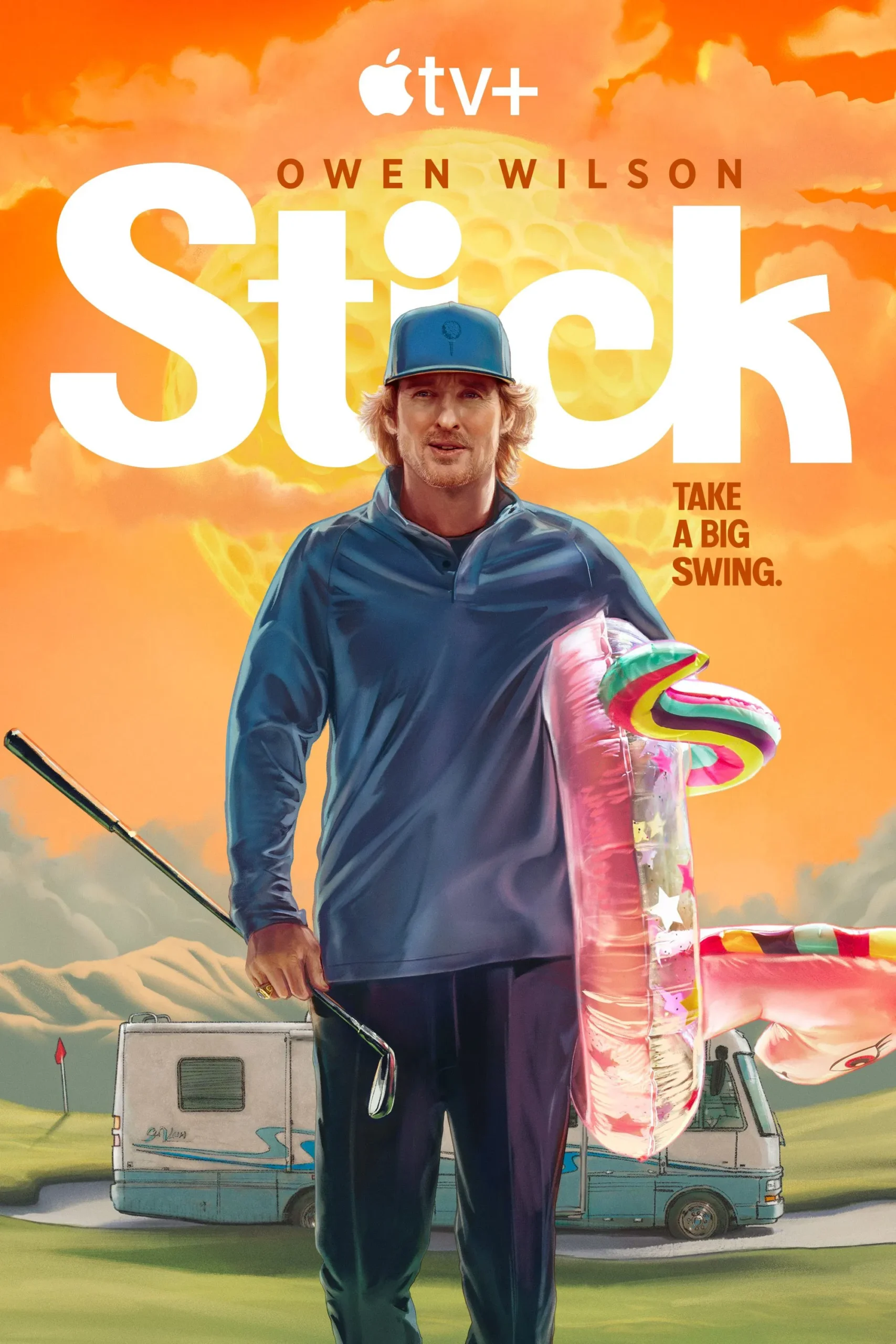
How Stick Subverts the Ted Lasso Template
Let's get one thing straight: Apple wants another Ted Lasso. You can feel it in every soft guitar strum and underdog hug. But Stick plays differently.
Where Lasso was about unflappable optimism, Stick leans into fatigue. Pryce isn't inspiring. He's desperate. The found family here isn't plucky teammates—it's a fractured kid, a broken man, and the ghost of who they used to be.
And the cast? Electric. Judy Greer's icy wit. Timothy Olyphant doing morally ambiguous charm like it's a tax write-off. Even real-life pros like Collin Morikawa and Max Homa show up, reminding us this isn't fantasy—this is golf as lived-in Americana.
From Tin Cup to Ted Lasso—Why Stick Matters Now
We've seen golf comedies before (Happy Gilmore, Tin Cup, The Legend of Bagger Vance—God help us). But those were mostly white-savior fables or slapstick tantrums.
Stick aims higher, or at least weirder. It doesn't worship the game. It critiques the toxic expectations baked into its country-club DNA. And it does so in 2025—when audiences are craving sincerity, but allergic to schmaltz.
Call it the post-Ted Lasso correction.
As critic Soraya Roberts noted in Slate, “We've OD'd on feel-good. Now we want feel-real.”
So is Stick a hole-in-one? Too soon to call. But it's definitely not par for the course. With Wilson playing against his easygoing type and a story built on failure, father-figures, and fairway ghosts—this might be the most emotionally chaotic sports comedy since King Richard met BoJack Horseman.
Would you bet your comeback on a teenager's swing? Pryce Cahill does. And it's the most human he's ever been.

